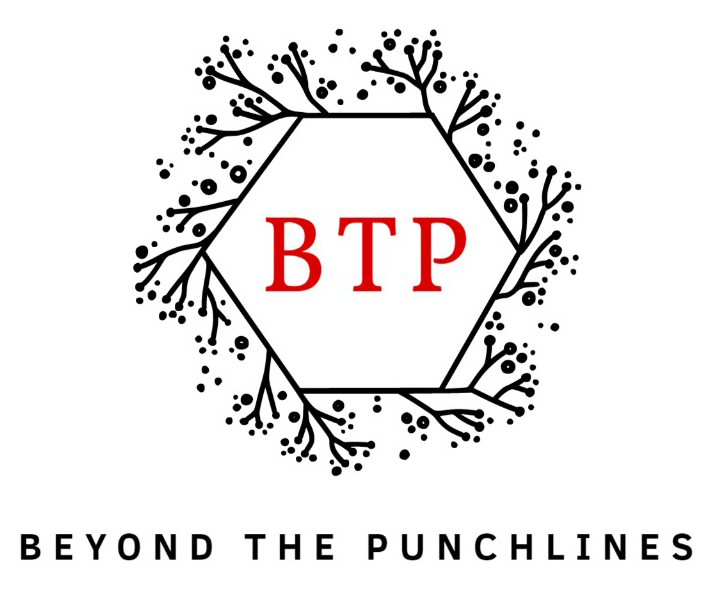Introduction
Signed in 2015 between Iran and the P5+1 powers (US, UK, France, Russia, China, and Germany), the deal aimed to curb Iran’s nuclear program in exchange for relief from economic sanctions.
This blog explores the rise, fall, and potential future of the US-Iran Nuclear Deal, a cornerstone issue in international relations today.

The Rise: Crafting the JCPOA (2013–2015)
The foundation of the US-Iran Nuclear Deal was laid in the aftermath of years of escalating tensions over Iran’s suspected pursuit of nuclear weapons. US-Iran Nuclear Deal With Iran’s economy crippled by global sanctions, moderate President Hassan Rouhani’s 2013 election opened doors for dialogue.
Key elements of the JCPOA:
- Iran agreed to reduce its stockpile of enriched uranium by 98%.
- A 15-year cap on uranium enrichment was imposed.
- International inspections were allowed by the IAEA.
- In return, Iran received relief from crippling US and UN sanctions.

For the Obama administration, this was a significant achievement in global diplomacy — an attempt to contain nuclear proliferation without war.
US-Iran Nuclear Deal Key consequences:
- Iran began gradually breaching its JCPOA commitments.
- Enrichment levels increased well beyond JCPOA limits.
- Regional tensions escalated with incidents like the killing of General Qassem Soleimani and attacks on oil tankers in the Gulf.
The withdrawal deeply undermined trust in the US as a diplomatic partner and divided Western allies on how to handle Iran’s ambitions.

The Present Stalemate: Biden’s Balancing Act (2021–2024)
Challenges in revival:
- Israel’s vocal opposition to any deal with Tehran.
- Russia’s invasion of Ukraine shifting US focus and disrupting multilateral diplomacy.
The future of the US-Iran Nuclear Deal hinges on several global and domestic factors:
- Diplomatic Willpower – Whether both sides can bridge mutual distrust.
- Regional Dynamics – Saudi-Israel normalization, Iran’s support to militant proxies.
- US Politics – The 2024 elections may decide the US’s stance going forward.
- Iran’s Internal Politics – Economic pressure may push Tehran back to the table.
Impact on the Global Stage
Its collapse emboldened China and Russia to strengthen ties with Iran, shifting global alliances.
For India and other major oil importers, JCPOA revival could bring stability to oil markets and improve West Asia relations.
Conclusion
The US-Iran Nuclear Deal remains a pivotal issue in global geopolitics. Its rise marked hope for peaceful nuclear containment, its fall deepened mistrust, and its future hangs in diplomatic balance.
FOR MORE BLOGS – beyondthepunchlines.com









